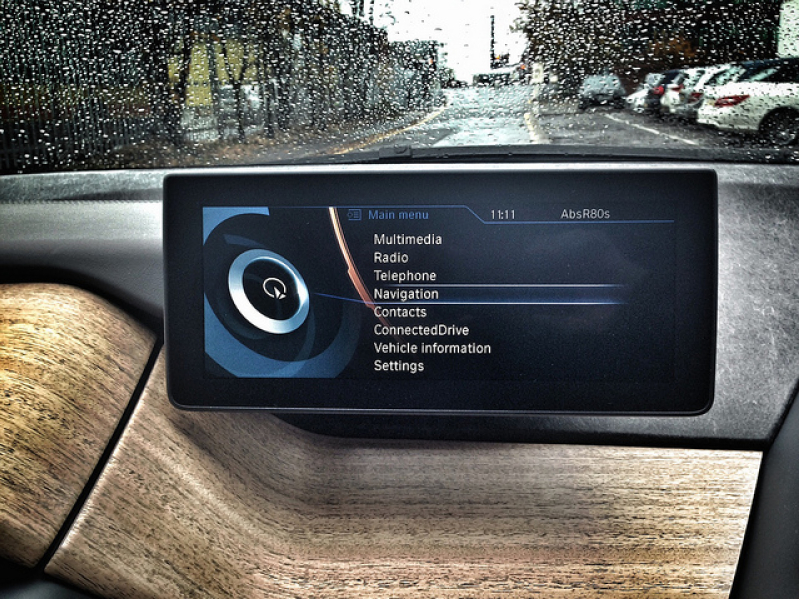
The National Highway Traffic Safety Administrations (NHTSA) has issued new voluntary guidelines that will address concerns over an increase in traffic fatalities. Smartphone makers are asked to modify their electronic devices in a way that drivers would not be distracted by them. However, they seem to oppose it.
The said guidelines encourage manufacturers to install features that would pair a portable device to the car's infotainment system. They also need to have the Driver Mode feature. Both of these may "reduce the potential for unsafe driver distraction." In this way, drivers won't have to take their eyes off the road. The NHTSA also mentioned that the pairing and Driver Mode will still "preserve the full functionality of these devices" that the driver can use once he/she is not already driving.
The threat of using the smartphone while driving is severe. NHTSA Administrator Dr. Mark Rosekind said that they encourage drivers to "put down their phones and other devices, and just drive." Amidst the rise of fatalities connected to drivers getting distracted by their devices, he added that NHTSA is "committed to working with the [smartphone] industry to ensure that mobile devices are designed to keep drivers' eyes where they belong, on the road."
Though the NHTSA has the best of intentions, the proposed guidelines have drawn immediate opposition from the electronic industry, according to Bloomberg. Notably, the Consumer Technology Association (CTA) has described the guidelines as "extreme." Apparently, they may have quite expected this move by the safety regulators. The affected companies had urged the NHTSA not to give into advocates that blame the government for not doing enough. This is with regards to at least 3,500 highway deaths in 2015 caused by distractions.
The CTA, in which tech giants Apple and Samsung are members, added that it's a "regulatory overreach." CTA's President Gary Shapiro said that it would only impede the innovative technologies that are being developed to actually "help drivers make safer decisions." Shapiro also mentioned in an emailed statement to Bloomberg that the NHTSA is not authorized to "dictate the design of smartphone apps and other devices used in cars." Its legal jurisdiction should be limited to motor vehicle equipment.
He claimed that this might be an "attempt by the outgoing administration to push out highly questionable, de facto regulations." The proposed guidelines also received criticism from a trade group of wireless companies, the CTIA. They say that it is a "wrong approach for consumers."
The reaction of the smartphone makers is contrary to that of the automakers. Ford Motor Co's spokesperson Elizabeth Weigandt revealed that the automaker is encouraged that NHTSA is addressing the problem. The Alliance of Automobile Manufacturers also shares the same sentiment. The group's spokesman Wade Newton said that "it's important to encourage drivers to use in-vehicle systems rather than handheld personal devices."
Safety advocates think that the guidelines fall short of what they expect the government should do. With all the conflicting parties, the drivers and passengers themselves stand the most to lose. The regulators, advocates, smartphone makers and car manufacturers should all work together and come up with a definite solution to alleviate highway deaths caused by distracted drivers. It remains to be seen if a compromise can be achieved.






